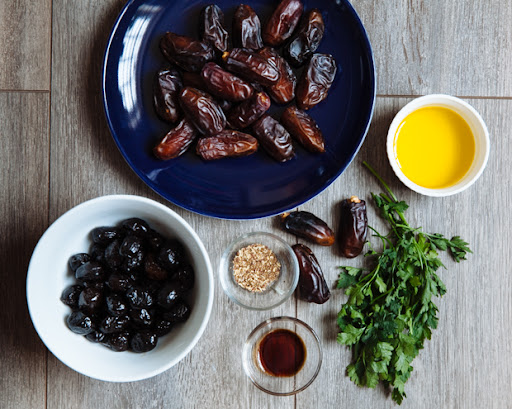In our modern world of processed foods and convenience eating, the fundamental importance of nutrition can sometimes be overlooked. Yet proper nutrition remains one of the cornerstones of good health and wellbeing. Interestingly, many contemporary nutritional principles align with dietary practices observed by the Prophet Muhammad (peace be upon him) over 1400 years ago.
The Foundation of Good Health
Nutrition is more than just satisfying hunger—it’s about providing our bodies with the necessary fuel to function optimally. Research consistently shows that a balanced diet rich in fruits, vegetables, whole grains, and lean proteins supports physical health, cognitive function, and emotional wellbeing.
The Prophet Muhammad emphasized moderation in eating, a principle now backed by modern nutritional science. He is reported to have said, “The son of Adam does not fill any vessel worse than his stomach. It is sufficient for the son of Adam to eat a few morsels to keep him alive. If he must fill it, then one-third for his food, one-third for his drink, and one-third for his breath.” This guidance on portion control remarkably aligns with contemporary dietary recommendations against overeating.
Nutritional Practices from Prophetic Traditions
Several specific foods and eating habits mentioned in Islamic traditions about the Prophet offer valuable nutritional insights:
Dates
The Prophet Muhammad regularly consumed dates, which we now know are rich in fiber, potassium, magnesium, and various antioxidants. He would often break his fast with dates, providing a quick source of natural sugar to replenish energy levels after fasting.
Honey
The Quran mentions honey as having healing properties, and the Prophet advised its consumption. Modern research confirms honey contains antioxidants and has antimicrobial properties, supporting its traditional use for various health concerns.
Olive Oil
The Prophet is said to have used olive oil both in cooking and as a condiment. Today, olive oil is recognized as a cornerstone of the Mediterranean diet, one of the healthiest dietary patterns globally, rich in heart-healthy monounsaturated fats.
Mindful Eating
The Prophet encouraged eating with mindfulness and gratitude. He advised against eating while excessively angry or upset, a practice that aligns with modern understanding of how emotional states can affect digestion.
Fasting and Intermittent Food Restriction
The practice of fasting in Ramadan and voluntary fasting throughout the year bears striking similarities to the now-popular concept of intermittent fasting. Emerging research suggests potential benefits of intermittent fasting for metabolic health, weight management, and possibly longevity.
Community and Social Aspects of Eating
The Prophet emphasized sharing meals and eating in company. This social dimension of nutrition is increasingly recognized as important—not just for the emotional benefits of communal eating, but also because social eating often leads to more mindful consumption and better food choices.




